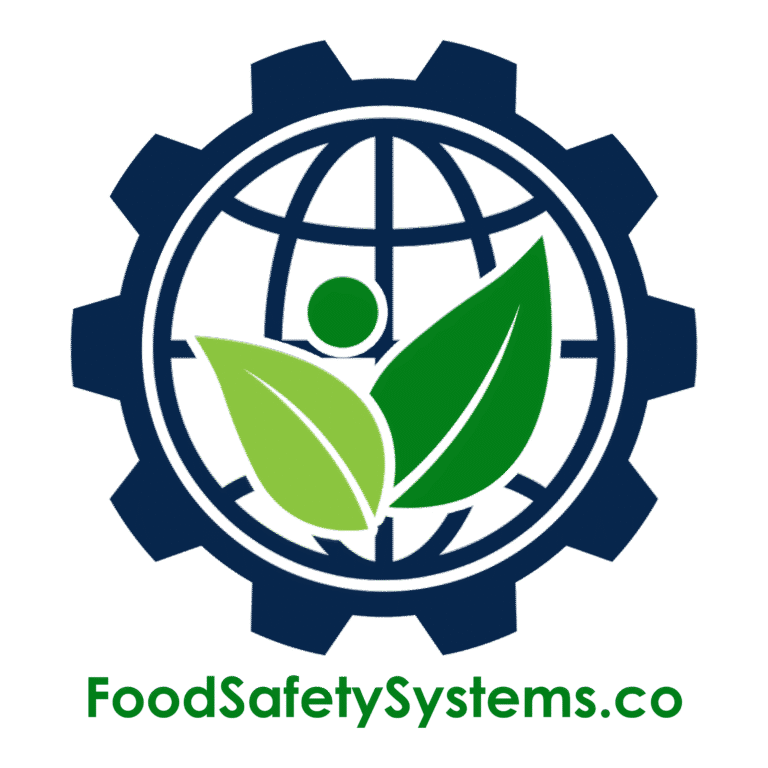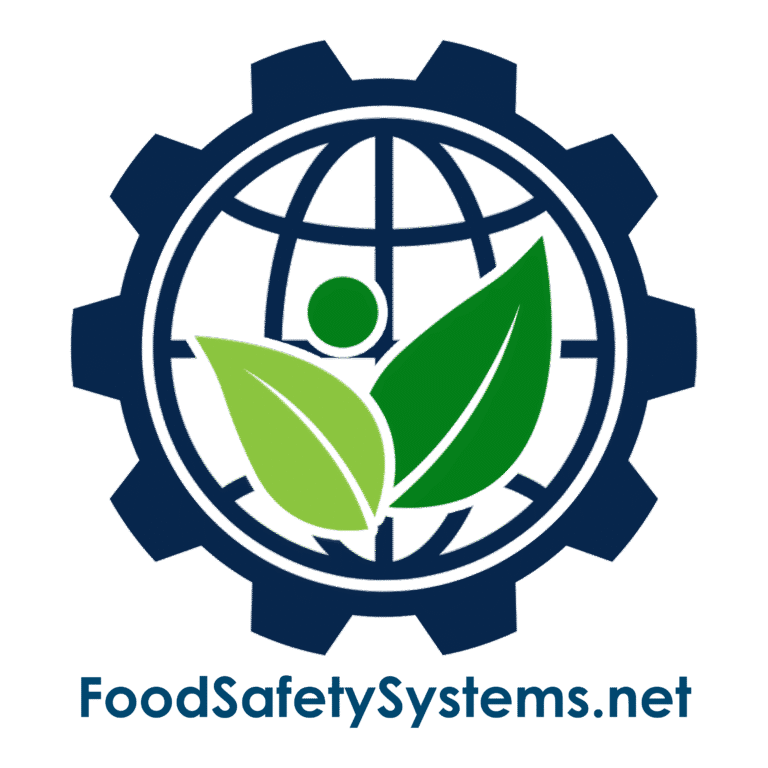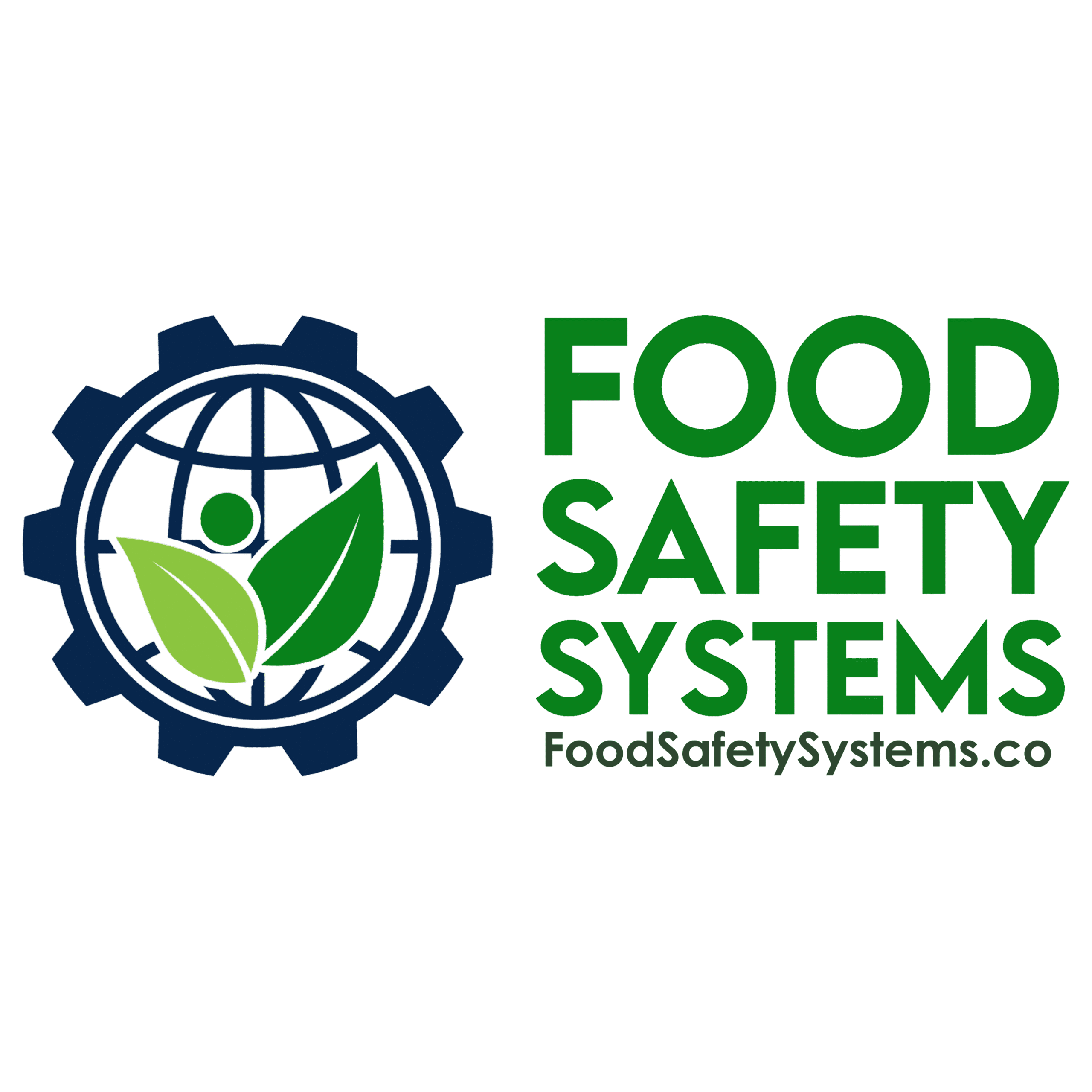Monitoring Procedures for Critical Control Points (CCPs)

Aligned with FSSC 22000 – HACCP Principles
Requirement Overview
FSSC 22000, based on HACCP principles, requires that each Critical Control Point (CCP) have clearly defined monitoring procedures to ensure that critical limits are consistently met. Monitoring provides assurance that food safety hazards are under control and that preventive measures are functioning effectively.
Consistent monitoring supports timely decision-making, helps prevent unsafe product release, and ensures ongoing certification and regulatory compliance.
Note: Monitoring procedures must be measurable, documented, and performed at a frequency sufficient to maintain control.
Aligned with BRCGS for Storage & Distribution Issue 4 – Clause 4.3.1 & 4.3.3
Requirement Overview
BRCGS for Storage & Distribution requires that products moved via cross-docking are traceable and controlled at all times, even when they are not held in storage for extended periods.
Clause 4.3.1: “The company shall ensure that traceability is maintained at all stages, including during cross-docking operations.”
Clause 4.3.3: “Procedures shall be in place to ensure that all products handled, including those not stored on-site, remain under control and are not subject to contamination or substitution.”
Cross-docking operations must not compromise product traceability, safety, or integrity. Even with minimal handling and temporary presence, each product must be accurately identified, documented, and protected.

Key Compliance Objectives
-
✓ Ensure that CCPs remain within validated critical limits
✓ Detect process deviations before they impact food safety
✓ Assign qualified personnel to perform monitoring accurately and consistently
✓ Document all results and take immediate corrective actions when required
Step-by-Step Compliance Implementation
1. Identify Monitoring Requirements for Each CCP
-
Monitoring Plan Must Include:
-
• What will be monitored (e.g., temperature, pH, time)
• How monitoring will be performed (method)
• Who is responsible (person or role)
• When and how often monitoring occurs (frequency)
Evidence to Maintain:
-
• CCP monitoring records
• Equipment calibration logs
• Monitoring SOPs and role descriptions
- • What will be monitored (e.g., temperature, pH, time) • How monitoring will be performed (method) • Who is responsible (person or role) • When and how often monitoring occurs (frequency)
- • CCP monitoring records • Equipment calibration logs • Monitoring SOPs and role descriptions
2. Establish Clear Monitoring Methods
-
Examples of Monitoring Methods:
-
• Manual checks (e.g., thermometer readings)
• Continuous monitoring (e.g., sensors, data loggers)
• Visual inspections (e.g., package integrity, seal verification)
Evidence to Maintain:
-
• Completed monitoring logs with initials/signatures
• Equipment usage and calibration records
• Visual inspection checklists
- • Manual checks (e.g., thermometer readings) • Continuous monitoring (e.g., sensors, data loggers) • Visual inspections (e.g., package integrity, seal verification)
- • Completed monitoring logs with initials/signatures • Equipment usage and calibration records • Visual inspection checklists
3. Train Monitoring Personnel
-
Training Must Cover:
-
• Proper monitoring techniques
• Correct documentation practices
• Immediate actions to take in case of deviation
Evidence to Maintain:
-
• Training attendance records
• Competency verification forms
• Signed SOP acknowledgements
- • Proper monitoring techniques • Correct documentation practices • Immediate actions to take in case of deviation
- • Training attendance records • Competency verification forms • Signed SOP acknowledgements
4. Verify Monitoring Effectiveness
-
Verification Activities May Include:
-
• Regular review of monitoring records
• Supervisory observation of monitoring practices
• Cross-checking results against calibration records
Evidence to Maintain:
-
• Verified monitoring logs
• Internal audit reports
• Review records by the food safety team or QA
- • Regular review of monitoring records • Supervisory observation of monitoring practices • Cross-checking results against calibration records
- • Verified monitoring logs • Internal audit reports • Review records by the food safety team or QA
Common Audit Findings & Recommended Fixes
| Audit Finding | Recommended Action |
|---|---|
| No documentation of CCP monitoring | Implement and maintain structured monitoring logs |
| Monitoring conducted incorrectly | Retrain personnel and update procedures |
| Inadequate frequency of monitoring | Adjust schedule based on process risk and HACCP plan |
| Failure to take action on deviation | Add escalation procedures and corrective action triggers |
Auditor Verification Checklist
During an FSSC 22000 audit, be prepared to provide:
-
• Documented monitoring procedures for each CCP
• Monitoring records with dates, times, and personnel signatures
• Evidence of corrective actions taken when limits were exceeded
• Verification records and internal audit reports
Implementation Roadmap
Build Monitoring Framework
-
✓ Define CCPs and monitoring methods
✓ Assign responsible personnel and establish monitoring schedules
Train and Empower
-
✓ Provide SOPs and hands-on training
✓ Reinforce awareness of critical limits and corrective actions
Monitor and Record
-
✓ Perform monitoring consistently at required intervals
✓ Complete monitoring logs with clarity and accuracy
Verify and Improve
-
✓ Review records regularly to detect trends or nonconformities
✓ Adjust monitoring practices based on audit findings or process changes
Why This Matters?
-
✓ Ensures food safety hazards remain under control
✓ Prevents unsafe product release
✓ Strengthens certification and audit readiness
✓ Builds confidence in compliance with global food safety standards
Support Tools Available
Food Safety Systems provides:
-
✓ CCP monitoring templates
✓ Role-specific SOPs for monitoring tasks
✓ Digital and manual logbooks
✓ Training modules for QA and production staff
Privacy Policy | Terms of Service
Powered by interlinkIQ.com, Developed by ITBlaster.net, Owned and Operated by Consultare Inc. Group, A Compliance Company. All Rights Reserved.







